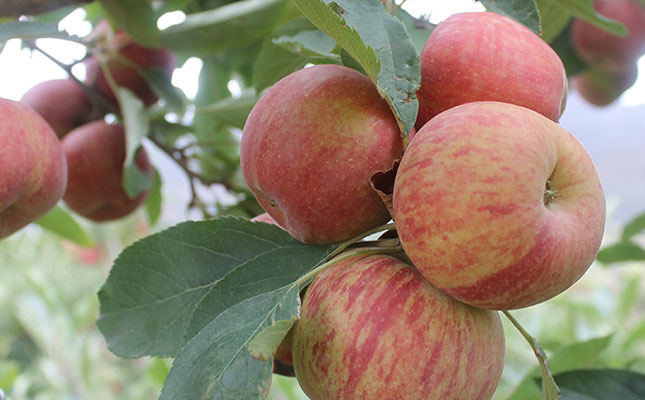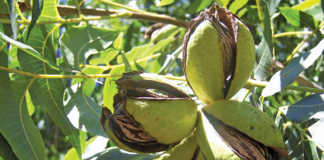
Photo: Jeandré van der Walt
The current rolling blackouts by power utility Eskom have struck the Western Cape in the midst of a critical time for the fruit industry.
According to Jannie Strydom, CEO of Agri Western Cape, load-shedding was causing major damage across the agriculture sector with warehouses, canning factories, animal feed preparation, processing plants, cellars, dairies and farm safety under pressure.
“The energy crisis is a disaster for the financial well-being of the agriculture sector,” he said.
Strydom added that load-shedding was an enormous cost for producers as price takers.
“Suppose 60 farms with smaller generators for workshops and offices each use R300 of diesel per hour; they [collectively] use R18 000 of diesel per hour. Normally, the cost of power is 15% of that [R2 700]. If the power is off for 10 hours a week during working hours, [R180 000] worth of diesel will be used [by these farmers] while the cost [of] Eskom [power] would have been [R27 000]. Agriculture just can’t afford load-shedding.”
Clayton Swart, communications manager of the South African Table Grape Industry, told Farmer’s Weekly that the rolling blackouts were seriously affecting the table grape industry.
“While our producers try to manage as best as possible [using] generators and working around the [blackout] schedules, it does have an impact as it prolongs packing time and incurs additional costs, such as hiring a generator.”
Francois Malan, managing director of Ceres Fruit Growers, said that the next six to eight weeks were critical for the fruit industry, which created 27 000 direct jobs in the Western Cape, and supported a further 109 000 dependents.
Besides jobs being at risk, food security could also be compromised if fruit producers were not able to successfully pick and chill fruit during the picking period from now until the end of April.
“The news of [ongoing blackouts] is worrisome. Without electricity, farmers’ ability to chill and maintain the cold chain required to have apples and pears available for 12 months of the year is compromised,” he said.
Malan said that the mining sector had previously successfully lobbied government and Eskom to keep the industry’s power from being shut down. It was now the turn of Western Cape agriculture to be given reprieve, he said.
“We are happy to accept [blackouts] during the winter months, which is after all Eskom’s peak-demand period, but now, and for the next weeks, there is a lot at stake if we have interrupted power,” he said.
Meanwhile, farmers were facing a challenging season for other reasons too.
Roelf Pienaar, managing director of Tru-Cape, said the fruit industry, in particular, was facing tough obstacles, with the impact of the novel coronavirus outbreak on the global economy, reduced market access, and import tariffs, all hampering farmer production and profitability.











